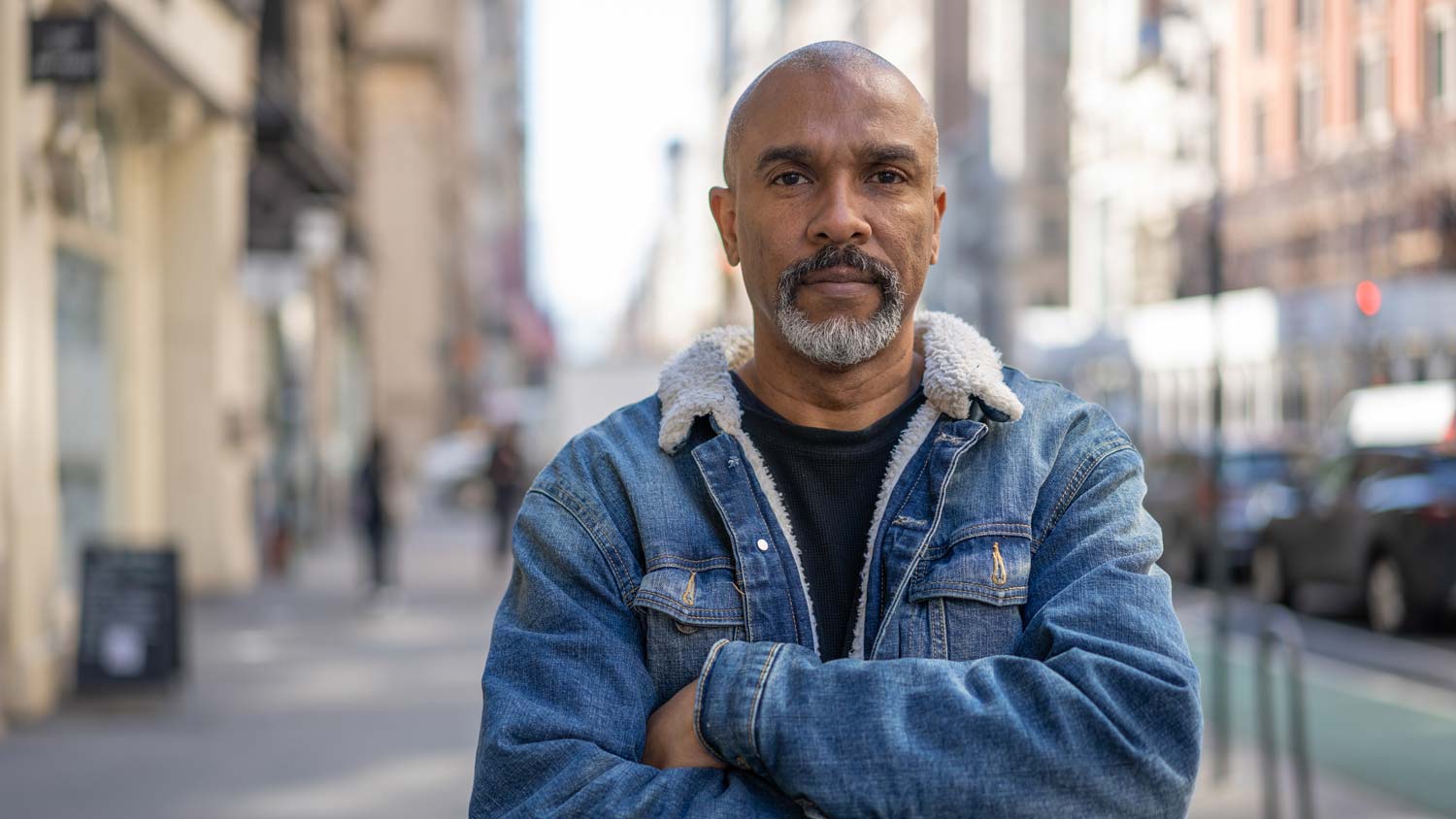Post-traumatic stress disorder (PTSD) is commonly associated with veterans, yet some studies show a connection that stretches beyond combat: poverty. The most financially distressed people in America are plagued by mental health challenges as well as substance misuse. This combination begins as a method to quiet the pain, stressors, and anxiety-filled moments that impoverished living can bring. However, it can quickly become a vicious cycle of scarcity, trauma, and addiction that results in PTSD.
Poverty’s connection to PTSD
Mental health struggles are unique to the person dealing with them. Surviving a traumatic event is the only common denominator for those with PTSD. Sometimes, that trauma comes as a result of living in and surviving impoverished situations. Researchers have revealed that socioeconomic status can be linked to a majority of anxiety disorders which can later manifest into PTSD. Food insecurity, financial woes, housing instability, along with living in vulnerable conditions can wear on one’s psyche. Habitually living with depleted and distressed resources can induce traumatic memories. For some who have worked their way towards economic stability, flashbacks pertaining to the insecurity and difficulties they survived can rise to the surface weeks, months, or even years later.
In a 2016 study published in the Journal of Racial and Ethnic Health Disparities, researchers found 36% of women living in an economically disadvantaged part of Chicago were diagnosed with PTSD or borderline symptoms. The conclusion: When someone’s day-to-day living situation is unstable and uncertain, there is greater risk of developing PTSD. Yet those in impoverished areas that have a greater need for intervention also have limited access to care. The longer an individual manages life without help, the more difficult everyday functions—work, errands, childcare, personal interactions—can become.
Access to help
Poverty has its own unique set of challenges, including a lack of access to mental health screening, proper diagnosis, and adequate care. Rural areas and underserved neighborhoods are less likely to have the staff, support, and trained therapists needed to help residents. Prioritizing mental health care can be tricky for sufferers living through challenging life circumstances.
From worrying about missing work for therapy appointments to the concern that a diagnosis may lead to stigma in their family and community, health care workers face an uphill battle when trying to shine a light on the importance of treating poverty-induced PTSD. Changing mindsets about mental health care is important. Having access to collaborative care is the goal.
There are paths to PTSD recovery for victims of trauma no matter the root cause. Valley Oaks is here to provide you with stability and support and help you take those important steps towards wellness.







